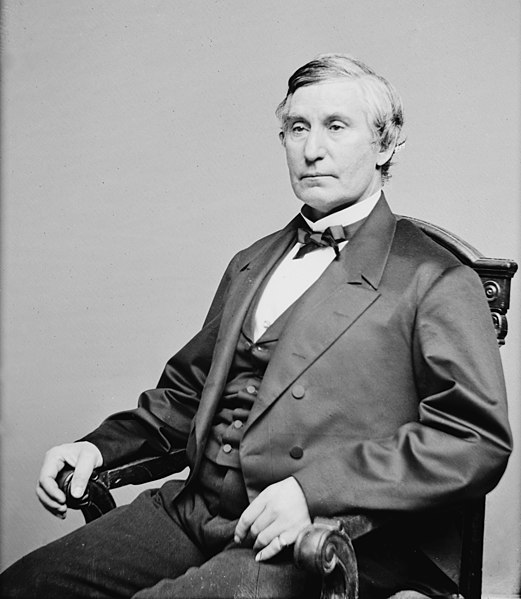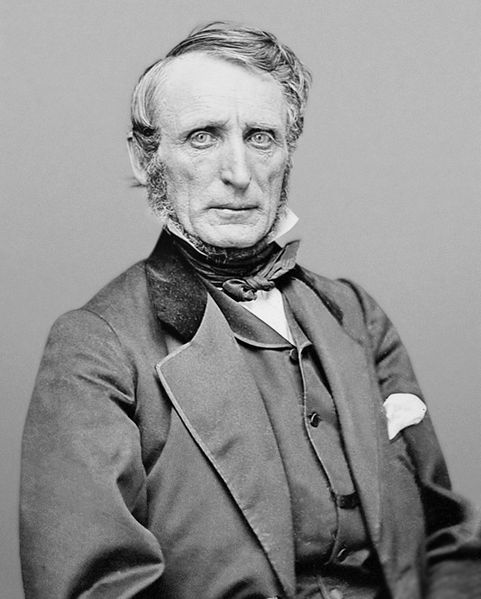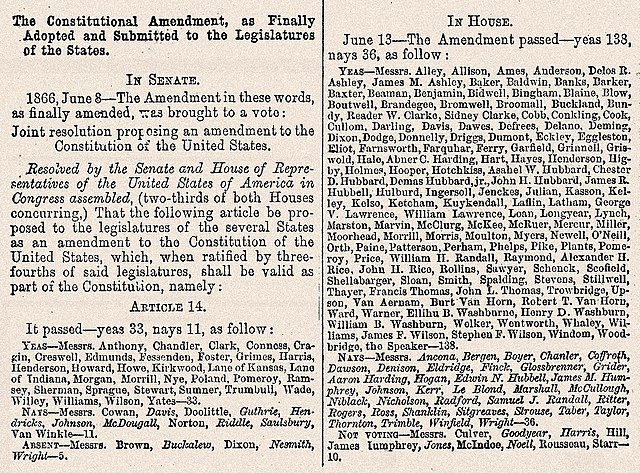Sixth Amendment to the United States Constitution
The Sixth Amendment to the United States Constitution sets forth rights related to criminal prosecutions. It was ratified in 1791 as part of the United States Bill of Rights. The Supreme Court has applied all but one of this amendment's protections to the states through the Due Process Clause of the Fourteenth Amendment.
The Bill of Rights in the National Archives
The hand-written copy of the proposed Bill of Rights, 1789, cropped to show the text that would later be ratified as the Sixth Amendment
Fourteenth Amendment to the United States Constitution
The Fourteenth Amendment to the United States Constitution was adopted on July 9, 1868, as one of the Reconstruction Amendments. Usually considered one of the most consequential amendments, it addresses citizenship rights and equal protection under the law and was proposed in response to issues related to formerly enslaved Americans following the American Civil War. The amendment was bitterly contested, particularly by the states of the defeated Confederacy, which were forced to ratify it in order to regain representation in Congress. The amendment, particularly its first section, is one of the most litigated parts of the Constitution, forming the basis for landmark Supreme Court decisions such as Brown v. Board of Education (1954) regarding racial segregation, Loving v. Virginia (1967) regarding interracial marriage, Roe v. Wade (1973) regarding abortion, Bush v. Gore (2000) regarding the 2000 presidential election, Obergefell v. Hodges (2015) regarding same-sex marriage, and Students for Fair Admissions v. Harvard (2023) regarding race-based college admissions. The amendment limits the actions of all state and local officials, and also those acting on behalf of such officials.

U.S. Senator from Michigan Jacob M. Howard, author of the Citizenship Clause
Rep. John Bingham of Ohio was the principal author of the Equal Protection Clause.
Thurgood Marshall served as chief counsel in the landmark Fourteenth Amendment decision Brown v. Board of Education (1954).
Senate and House votes on the Fourteenth Amendment






